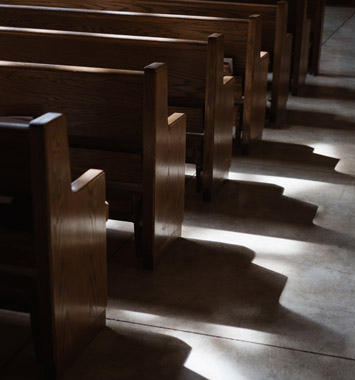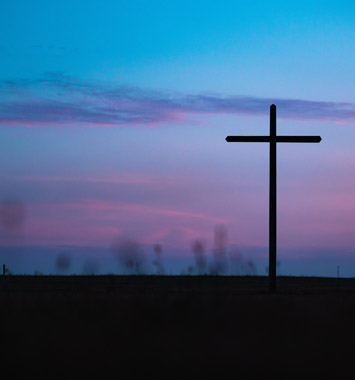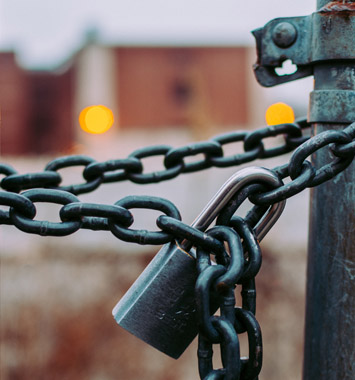Answers Series
The Value of Human Life
The Value of Human Life by Dr. Nick Park
One of the big questions that we ask ourselves is, “Am I good enough?” Or, if we’re being brutally honest with ourselves, “Will I ever be good enough?”
All too often, feeling that we’re not good enough produces guilt and shame. Some people even engage in risky or destructive behaviour because their negative self-image convinces them that they deserve to suffer, to be punished in some way.
Other people turn to religion, in all its various forms and varieties, in the hope that following a prescribed set of rules or rituals will somehow make them good enough. Good enough to get through life. Good enough to get to heaven. Good enough to avoid punishment. Good enough not to feel guilty or ashamed.
The Christian Gospel takes a very different approach. It says, “No, actually none of us are good enough. But thankfully, being good isn’t the most important thing. Jesus said that nobody is really good enough, except God. What is more important is whether we are valuable or not.”
So, am I good enough to earn a place in heaven?
No, I’m not – which makes me thankful that being good isn’t actually the criteria for experiencing eternal life.
Am I good enough that I’ll never mess up and never need to apologise to my friends or my family?
No, I’m not. Which makes me thankful that being perfect isn’t the criteria that made them love me in the first place.
But what about this? Am I good enough not to feel constantly ashamed? Am I good enough to feel valuable? To feel worthwhile? To feel wanted?
Again, these things are not questions of goodness – they are questions of value.
An object’s value is calculated by how much someone is prepared to pay for it. I don’t like seafood, but I can’t help noticing that if a restaurant has lobster on the menu, then it’s likely to be the most expensive option. Yet it wasn’t always like that. At one time, lobsters were so plentiful off the coast of Maine that they were used as a staple food for convicts in prison. Magistrates actually passed laws limiting how often lobster could be served to prisoners – it was deemed cruel and a usual punishment to feed it to felons too often! Yet today lobster is a luxury food. The taste of lobster – its goodness of taste – hasn’t changed. But its value has. People are prepared to pay a lot of money to eat lobster, and so what was considered worthless is now valuable and highly sought after.
So, does this mean that our value as human beings is arbitrary? Relative? Subjective? Without God, that would be the case. If we follow the inevitable logic of atheism then human life is no more important in the grand scheme of things than the life of a rabbit or a caterpillar. Our only value is playing a tiny part in the continued existence of one species among many others. A purely emotional attachment with no true meaning or worth. This is such a depressing worldview that many atheists shy away from facing the inevitable conclusions of their starting points. But once we understand that God loves us, and that we are made in His image, then the value of human life becomes real, intrinsic, and an objective truth.
This proposition has actually been used as an argument for the existence of God:
- If God doesn’t exist then human life has no value.
- But human life does have value. Deep down, we all realise that human life has great value. Indeed, a disregard for human life is universally recognised as being a symptom of mental illness and/or a personality disorder.
- Therefore, the argument goes, God does exist. Otherwise, where does this innate appreciation of the value of human life come from?
The very fact that we believe in a concept such as human rights is an acknowledgement that we are valuable. We don’t deserve to have our human rights respected on the basis of whether we are good or not, but because we possess an intrinsic value as human beings. Indeed, the real test of our commitment to human rights is that we extend them to everyone, including those whom we might not otherwise appreciate or value.
When people want to kill other people, or even to hurt or exploit them through torture or slavery, they began by dehumanising them. They use racial slurs, or compare their enemies to animals or insects. The holocaust became possible when cartoonists portrayed Jews as bestial ape-like creatures. The Rwandan genocide was preceded by continual propaganda on Hutu radio stations that called their Tutsi neighbours ‘cockroaches’ and ‘vermin’. The North Atlantic slave trade required a narrative that people of certain races were somehow less than human. Oppressive regimes train their torturers to never see their victims as people – but always to use language that speaks of them as being sub-human, not worthy of respect or consideration.
So, irrespective of our religious affiliation, or our stated belief or unbelief, all of us have this inbuilt conviction that human life is valuable. That’s part of what it means to be a healthy, sane, human being.
What does the Christian Gospel have to say about this inherent and universal valuation of human life? It raises it to even higher levels. Christianity doesn’t say, “You’re not good enough, therefore you are worthless.” Christianity says, “Whether you are good or not, you are still infinitely valuable because God has determined your value.”
If the value of an object is determined by what someone is prepared to pay for it, then we need to consider what God was prepared to pay for us. In the New Testament, in 1 Peter Chapter 1, it says “It was not with perishable things such as silver or gold that you were redeemed … but with the precious blood of Christ”. God paid the highest price that could ever be paid in the entire universe – the blood of His beloved son, Jesus, – so that we could know Him. That makes us infinitely valuable.
So are we good enough? No, we’re not. Will we ever be good enough? No, not in this world.
But are we valuable enough? Yes, we are, because our value is determined by God. We’re valuable enough for God to want to know us. We’re valuable enough for Him to redeem us.
We’re valuable enough to respond to His offer of Eternal Life. And we’re valuable enough to live our lives free from the torment of guilt and shame.
Explore More
In depth articles from our Answers Series
- Evidence for a Creator
- The Value of Human Life
- What is our Purpose
- Hope beyond the Grave
- Christianity - Problem or Solution?
- Suffering - Does God care about our pain?







